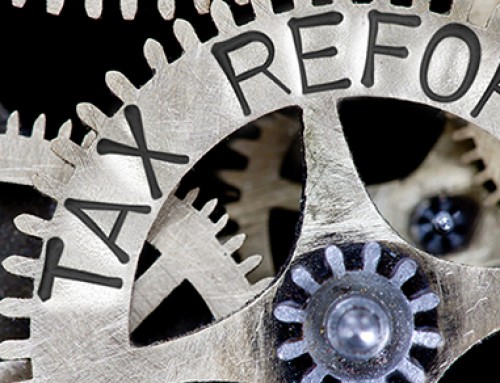If you have a sideline business that throws off a net loss (deductible expenses in excess of revenue), you may think you can write off the loss. But the IRS may claim your purported business loss is from a hobby that never had a chance of being profitable. The IRS likes to make that argument because the tax rules for hobby losses are strongly in the government’s favor.
Why Hobby Losses Matter
When an individual’s for-profit business generates a loss for the year (deductible expenses in excess of revenue), the loss can be deducted on Form 1040, Schedule C, and then carried to Form 1040 where it offsets income from other sources and reduces your income tax bill.
But what happens if an activity is deemed to be a not-for-profit hobby? In that scenario, you must report all the revenue on Form 1040. However, your allowable expenses are limited to the amount of revenue. So you cannot have a net tax loss from a hobby even if you lose a bundle. Worse yet, you must treat the total hobby expense amount (limited to the revenue from the activity) as a miscellaneous itemized deduction. So you get no write-off unless you itemize.
Even if you itemize, your miscellaneous itemized deductions are limited to the excess of those items over 2 percent of adjusted gross income (AGI). If you have a healthy AGI, your allowable deduction for hobby expenses may be little or nothing. Finally, if you owe alternative minimum tax (AMT), hobby expenses are disallowed under the AMT rules. When all is said and done, you can easily have a money-losing hobby that actually adds to your taxable income because you must report all revenue — yet you may not be able to deduct much, if any, of the expenses.
A Business or a Hobby?
Fortunately, the tax law automatically assumes you have a for-profit business if the activity produces positive taxable income (revenue in excess of deductible expenses) for at least three out of every five years. Net losses from the other years can be deducted because they are considered to be legitimate business losses as opposed to hobby losses. For horse racing, breeding, training, or showing activities, you are assumed to have a for-profit business if you can generate positive taxable income in two out of every seven years.
Even if you cannot pass one of the aforementioned profitability tests, you may still be able to treat your activity as a for-profit business and rightfully deduct your net losses. Basically, you must demonstrate that you have made an honest intent to make a profit. Factors that can prove this include:
- Conducting the activity in a business-like manner by keeping good records and searching for profit-making strategies;
- Having expertise in the activity or hiring expert advisers;
- Spending enough time to justify that the activity is an actual business and not just a hobby;
- An expectation of asset appreciation (this is why the IRS will almost never claim that owning rental real estate is a hobby, even when tax losses are incurred for years);
- Success in other ventures, which indicates business acumen;
- Losses caused by unusual events and plain bad luck as opposed to foreseeable ongoing losses that nobody except a hobbyist would be willing to accept;
- Your financial status … wealthier people can absorb ongoing losses (which may indicate hobbies) while most people are usually trying to make money (which indicates businesses); and
- Elements of personal pleasure. For example, running a charter fishing boat is more fun than draining septic tanks, so the IRS is far more likely to claim the former is a hobby if losses start showing up on tax returns.
Read about “How the Tax Court Treated the Business vs. Hobby Dilemma”, in my second post about this matter.








Leave A Comment